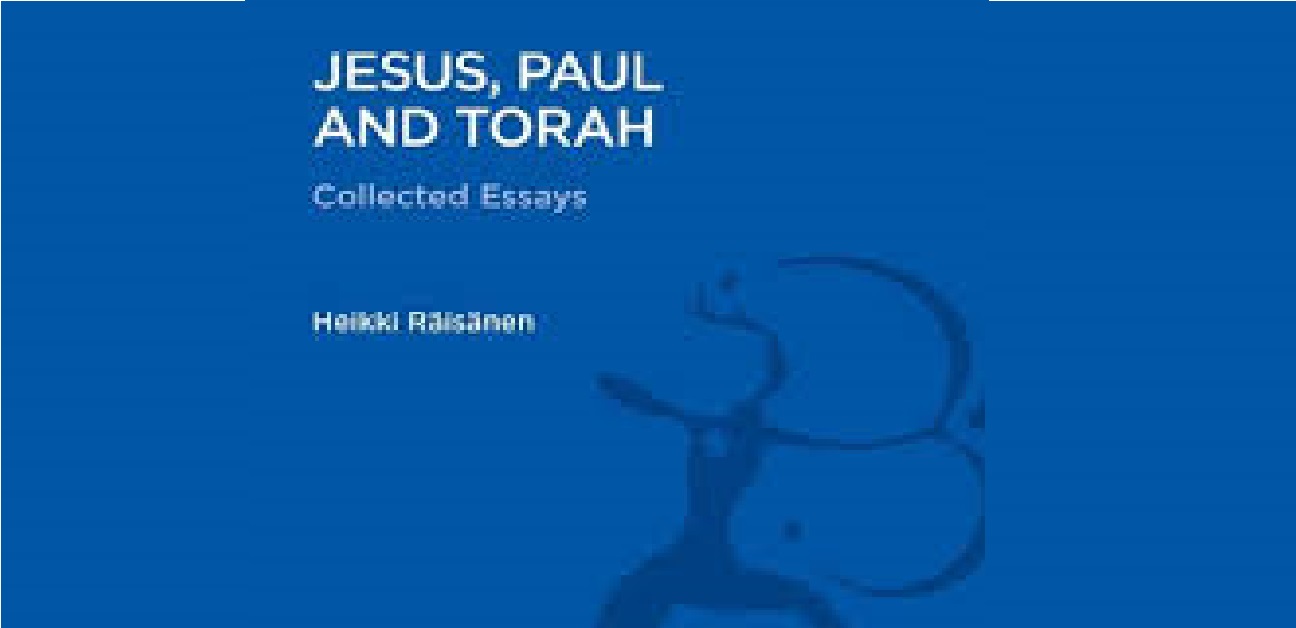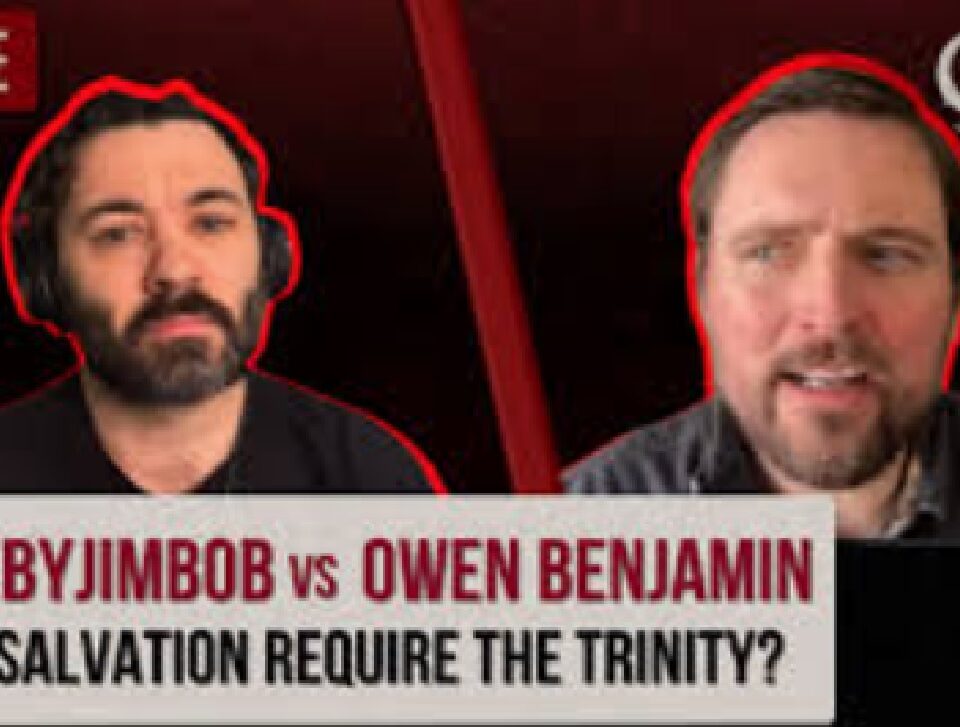
Christmas: A Candid History
December 1, 2018
Jesus, Paul and Torah: Collected Essays.
December 1, 2018What is the Truth about Jesus Christ? Problems of Christology

by Loofs, p 188f.
For it is quite plain that the beginning of John’s Gospel refers to the beginning of the first book of Moses. There we have the same introduction: In the beginning. And every school-boy knows what the medium of creation was here. The word! For and God said is repeated in the narrative like the burden of a song. It is likewise well known how often we read in the prophets of the Old Testament: The word of the Lord came unto the prophet. John, in my opinion, was thinking of these two circumstances. God first revealed himself in the creation, and then to Israel, especially when his word came to the prophets. Jesus Christ not only brought the word of God, as the prophets did; he was the Word in everything he said and did; the word was made flesh in him. I do not believe that there is an incarnation theory behind these words. The sentence, “The word was made flesh,” means more than when we say, e.g., “In this man all the amiable qualities of his forefathers are personified.” But this way of speaking, in my opinion comes nearer to the meaning of what John says, “The word was made flesh,” than the later incarnation theories. But this is of minor importance. What I want to say is this: in the Gospel of John the term Logos has nothing to do with philosophy. Here it simply means “word.”
The Greek apologists of the second century educated Christians, who tried to defend Christianity against the pagans, combined the philosophical logos-idea of their time with their Christology. To them the preexistent Christ was the reason of God pervading the world, his Son, because before all worldly time he was produced by God, being a second one beside the God of the universe, but of the same kind with him, as produced of his substance. There we have the foundation of the orthodox Christology. But only the foundation. For to the apologists the Logos and God were two in number without any restriction, and, besides, the apologists did not regard the Logos as being eternal; he is begotten or created by God (they do not yet make a sharp distinction between these two) at the time of the creation of the world and with the purpose that he might be the creative organ.
The latter was the first to be corrected by the later development. Origen, the greatest theologian of the old Greek church, who died in 254, made this correction. He was highly educated in philosophy, and his philosophical thoughts were akin to those of the first teachers of the Neoplatonic philosophy, which arose in his time. These Neoplatonists regarded as the eternal core of this sensible world, if I may say so, an eternal ideal world of immaterial beings, which existed also before the created world. An eternal ideal world, I say. That did not exclude the idea of God in their thought. God, in their opinion, is the original source of this ideal world. Eternally he calls this world into existence, as light always radiates splendor and brightness and heat. Thus, too, Origen thought. The first of the immaterial spiritual beings of the immaterial world which he derived from God is the Logos. Through him the Holy Ghost and all other immaterial beings, the angels and the souls of men, were created. Here, for the first time, we have the idea of the eternal begetting, that is, the idea that the Logos or Son was begotten of the Father from all eternity. In the case of Origen, this idea was not a strange one. For just as the Logos is begotten of the Father from all eternity, so all other immaterial spirits are eternally created through him by God. For Origen the idea of an eternal begetting of the Son was, therefore, nothing irrational, but rather a special case of the eternal causation of the immaterial ideal world by God. Later on the Origenistic idea of an eternal immaterial world was abandoned. But the idea of the eternal begetting of the Logos, or Son, remained, now nothing more than an irrational fragment of a total conception which was formerly more intelligible.

